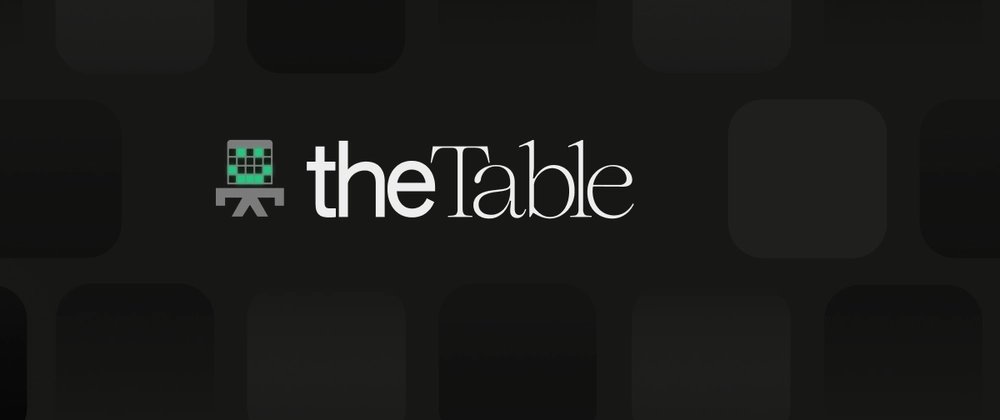SQL interview questions are designed to evaluate your understanding of relational databases. This article provides concise examples and strategies to help you prepare effectively.
Examples of SQL queries
Key concepts tested in interviews often include:
CRUD Operations
The foundation of SQL queries—Create, Read, Update, and Delete.
Indexes
B-Tree for general use, R-Tree for spatial data, and hash indexes for memory-specific tasks.
JOINs
INNER JOIN finds matches between tables; LEFT JOIN and RIGHT JOIN handle unmatched rows.
Normalization
Organize data to improve efficiency, example:
Third Normal Form (3NF) avoids dependencies among non-primary attributes.
FAQ
1. How do you optimize SELECT queries?
Scan only necessary data by specifying columns and avoiding SELECT *.
2. How to filter data effectively?
Apply WHERE clauses to target rows and limit unnecessary operations.
3. Why are indexes useful?
Indexes speed up queries but may slow write operations. Use them thoughtfully.
4. How can SQL clients improve query management?
Tools like DbVisualizer simplify performance monitoring and error resolution.
Summary
SQL knowledge is indispensable for database management and a key to excelling in technical interviews. By mastering concepts like CRUD, indexing, and normalization, you can confidently handle complex scenarios. Tools like SQL clients also streamline your work, enhancing your productivity and precision. Dive deeper into these topics with the article SQL Interview Questions – SQL Queries.





Top comments (0)